Intro
Discover the safety of essential oils, exploring potential risks, benefits, and usage guidelines to ensure healthy aromatherapy practices, natural wellness, and therapeutic applications.
Essential oils have become increasingly popular over the past few decades, with many people using them for their potential health benefits, such as reducing stress and anxiety, improving sleep, and alleviating pain. However, as with any substance, there are concerns about their safety. Essential oils are highly concentrated plant extracts, and if not used properly, they can cause harm. In this article, we will delve into the world of essential oils, exploring their benefits, risks, and safe usage guidelines.
The use of essential oils dates back thousands of years, with ancient civilizations such as the Egyptians, Greeks, and Romans utilizing them for medicinal, spiritual, and cosmetic purposes. Today, essential oils are used in aromatherapy, a holistic healing practice that involves inhaling the oils to promote physical, emotional, and mental well-being. With the rise of aromatherapy, the demand for essential oils has grown, and the market is now flooded with various types of oils, each with its unique properties and benefits.
Despite their popularity, essential oils can be hazardous if not used correctly. Some essential oils can cause skin irritation, allergic reactions, and respiratory problems, especially when used in excess or without proper dilution. Furthermore, essential oils can interact with certain medications, such as blood thinners, and exacerbate underlying health conditions, like epilepsy and high blood pressure. It is essential to approach the use of essential oils with caution and respect their potency.
Benefits of Essential Oils
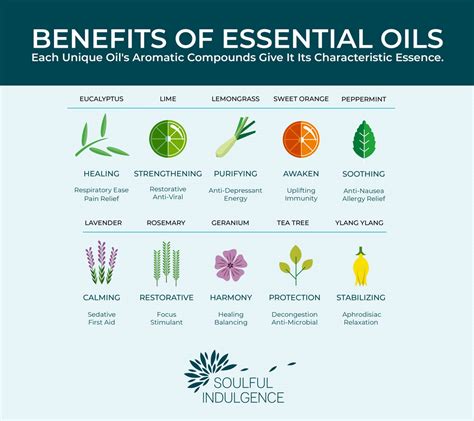
The benefits of essential oils can be attributed to their chemical composition, which varies depending on the plant species and extraction method. Essential oils contain a complex mixture of bioactive compounds, including terpenes, esters, and aldehydes, which interact with the body's physiological systems to produce therapeutic effects. For example, the calming effects of lavender oil can be attributed to its high concentration of linalool, a terpene that binds to GABA receptors in the brain, promoting relaxation and reducing anxiety.
Risks and Side Effects of Essential Oils
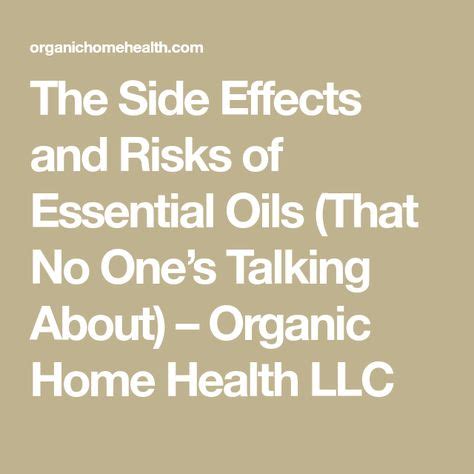
Essential oils can also interact with certain medications, such as blood thinners, diabetes medications, and antidepressants, which can lead to adverse reactions. For example, grapefruit essential oil can inhibit the metabolism of certain medications, increasing their levels in the blood and potentially causing toxicity. Furthermore, essential oils can exacerbate underlying health conditions, such as epilepsy, high blood pressure, and asthma, which can lead to serious complications.
Safe Usage Guidelines
To ensure safe usage of essential oils, it is essential to follow proper guidelines and precautions. Here are some tips to get you started: * Always dilute essential oils with a carrier oil, such as coconut or jojoba oil, before applying them to the skin. * Use high-quality essential oils that are pure and free of contaminants. * Follow the recommended dosage and usage instructions for each essential oil. * Avoid ingesting essential oils, as they can be toxic and cause serious health problems. * Keep essential oils out of reach of children and pets, as they can be hazardous if ingested. * Consult with a healthcare professional before using essential oils, especially if you have underlying health conditions or are pregnant or breastfeeding.Popular Essential Oils and Their Uses
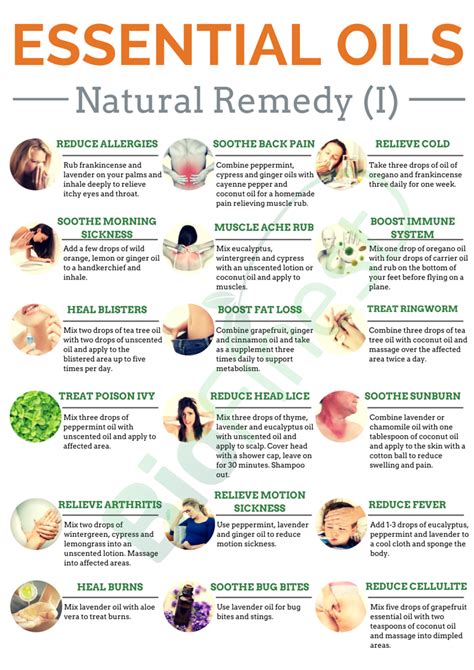
Essential Oil Blends
Essential oil blends are combinations of two or more essential oils that are mixed together to create a unique synergy. Blending essential oils can enhance their therapeutic effects, create new fragrances, and increase their potency. Here are some popular essential oil blends and their uses: * Relaxation blend: combines lavender, chamomile, and bergamot essential oils to promote relaxation, reduce anxiety, and improve sleep quality. * Energy boost blend: combines peppermint, eucalyptus, and rosemary essential oils to increase energy, improve focus, and enhance mental clarity. * Immunity blend: combines tea tree, eucalyptus, and lemon essential oils to boost the immune system, reduce inflammation, and fight off infections.Essential Oil Diffusers and Usage
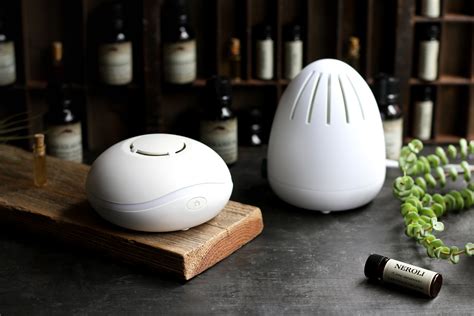
Essential Oil Safety Precautions
While essential oils can be beneficial, they can also pose risks and side effects. Here are some essential oil safety precautions to keep in mind: * Always read the label and follow the instructions for each essential oil. * Keep essential oils out of reach of children and pets. * Avoid using essential oils during pregnancy, breastfeeding, or if you have underlying health conditions. * Consult with a healthcare professional before using essential oils, especially if you have allergies or sensitivities.Essential Oil Quality and Purity
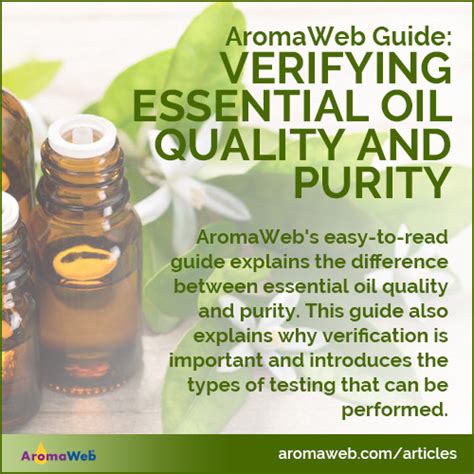
Essential Oil Storage and Handling
Proper storage and handling of essential oils are essential for maintaining their quality and purity. Here are some tips for storing and handling essential oils: * Store essential oils in a cool, dark place, away from direct sunlight and heat sources. * Use dark glass bottles to protect the essential oils from light and prevent degradation. * Keep essential oils away from children and pets, and avoid ingesting them. * Handle essential oils with care, as they can be fragile and prone to contamination.Essential Oil Regulations and Standards
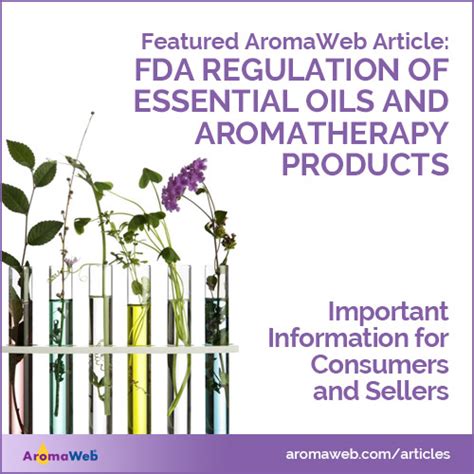
Essential Oil Education and Training
Essential oil education and training are crucial for ensuring the safe and effective use of essential oils. Here are some resources for learning about essential oils: * Online courses and workshops: offer in-depth training on essential oil safety, usage, and benefits. * Aromatherapy schools: provide comprehensive education on aromatherapy and essential oil therapy. * Professional organizations: offer certification programs and continuing education opportunities for aromatherapists and essential oil practitioners.What are essential oils?
+Essential oils are highly concentrated plant extracts that are used for their therapeutic, medicinal, and cosmetic properties.
Are essential oils safe to use?
+Essential oils can be safe to use when used properly and in moderation. However, they can pose risks and side effects if used improperly or in excess.
How do I choose high-quality essential oils?
+Choose essential oils that are sourced from reputable suppliers, extracted using safe and sustainable methods, and certified by third-party organizations.
Can essential oils interact with medications?
+Yes, essential oils can interact with certain medications, such as blood thinners, diabetes medications, and antidepressants. Consult with a healthcare professional before using essential oils, especially if you have underlying health conditions or are taking medications.
How do I store and handle essential oils?
+Store essential oils in a cool, dark place, away from direct sunlight and heat sources. Use dark glass bottles to protect the essential oils from light and prevent degradation. Handle essential oils with care, as they can be fragile and prone to contamination.
In conclusion, essential oils can be a valuable addition to your health and wellness routine, offering numerous benefits and therapeutic effects. However, it is essential to approach their use with caution and respect their potency. By following safe usage guidelines, choosing high-quality essential oils, and consulting with a healthcare professional, you can ensure a safe and effective essential oil experience. We invite you to share your thoughts and experiences with essential oils in the comments below, and don't forget to share this article with friends and family who may be interested in learning more about the world of essential oils.
